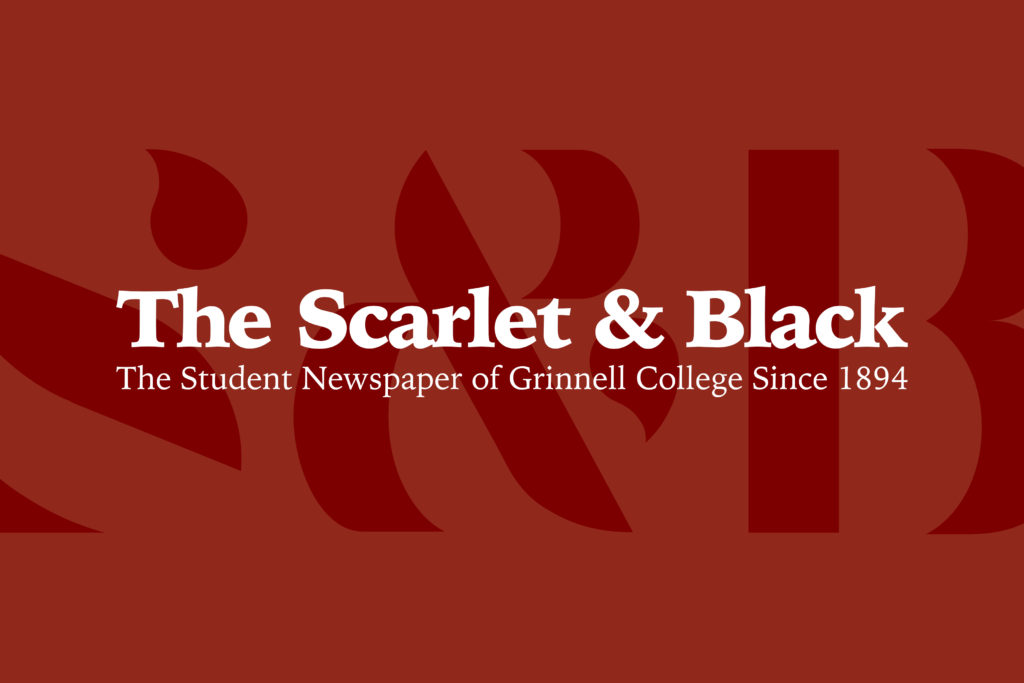With caucuses night quickly approaching, few groups have done more to prepare Grinnellians than the Campus Democrats. Co-chaired by Allie Pearce ’20 and Oliver Willet ’21, as well as Nat Jordan ’21 who is currently abroad, Campus Dems have had no shortage of work in the lead up to Feb 3.
Traditionally, the main focus of the organization is to drum up support for local and state-wide democratic candidates. “We usually bring a wider variety of candidates other than presidential,” said Pearce, “Especially the state and local issue.” However, due to the national election cycle, every four years the focus of Campus Democrats switches to the national stage. A large part of that is preparing for caucus night.
“We’ve registered hundreds of people recently,” said Willett. “The bad news is that there’s a lot more people that still need to be registered.” As Iowa distributes its delegates through a caucus system, and not a primary, registered independents cannot participate. To have a say in the process, you must be a registered Democrat, or else switch your registration to the Democratic party. The fact that many Grinnell students come from out-of-state also poses another challenge.
While Iowa does have same-day registration, it can slow the caucus day down when people arrive with incomplete forms. “We’re having voter registration on the day of the caucuses,” said Willett. “It’s 11 to 2,” added Pearce, “It makes it so much easier, because nobody can caucus until everybody is in the room.”
Besides a focus on voter registration, Campus Dems also act as a liaison between political campaigns and Grinnell College. In short, “We do a lot of stuff,” said Pearce.
Responsibilities can vary from booking rooms to working with various other student groups on campus. “At Grinnell,” said Pearce, “you can’t host an event unless you have a student organization affiliated with it, and it takes a lot of time for a ‘Students for Bernie’ group to start up.” As a result, Campus Dems co-host a number of political events on campus. The recent Bernie Sanders event in JRC 101, which featured Michael Moore among other speakers, is one such example.
Campus Dems also work to bring their own candidates to campus. While the organization waits until a nominee has been selected before it makes an official endorsement, it can bring candidates to campus. When they do that, Campus Dems often take on a variety of roles. “When Jay Inslee came,” says Willett, “he sent in his policemen, and I had to meet with two of [them] , … securing the room, making sure it was safe.”
Even after caucus night, Campus Dems still have their work cut out. “Making sure they vote down the ballot is huge, Grinnellians just don’t do that,” said Willett.
In a county that only went Republican by 200 votes in 2016, the voices of Grinnell students can be a deciding factor. However, Grinellians have shown substantially less interest in voting for house and senate seats than for president. Encouraging students to fill out the entire ballot, and not overlook Iowan politics, is a major goal of the organization.
In the run up to the November elections, Campus Dems are often involved in getting voting booths on campus for election day. This can be a difficult task, given the more political nature of deciding where votes can be cast. Yet projects like this, and preparing for presidential elections in general, are not what Campus Dems typically do during the average school year. According to Pearce, “The last semester and this semester have not been representative of Campus Democrats as a whole.”
If students have any questions about registration or the caucuses, they can reach the Campus Democrats at democrat@grinnell.edu.




















































